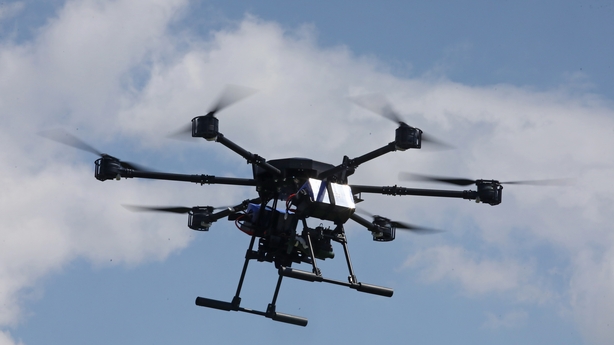Ukraine's President Volodymyr Zelensky has said that battlefield progress in Ukraine's counteroffensive against Russian forces had been "slower than desired".
"Some people believe this is a Hollywood movie and expect results now. It's not," Mr Zelensky said in a interview with the BBC.
The BBC quoted Mr Zelensky as saying the military push was not going easily as 200,000sq/km of Ukrainian territory had been mined by Russian forces.
"Whatever some might want, including attempts to pressure us, with all due respect, we will advance on the battlefield the way we deem best," he said.
Russia has had months to prepare its defences. Ukrainian troops have yet to reach the heaviest Russian defensive fortifications, which are set back from the 1,000km long front line.
A military spokesperson said that Ukrainian forces are reinforcing positions they have reached in areas of the southern front line after having "partial success" fighting Russian forces.
Meanwhile, at a conference in London where Britain, the US, the European Union and others pledged billions of dollars in additional help, Ukraine said it needed yet more capital.
Ukrainian Prime Minister Denys Shmyhal put the price tag at more than $6 billion (around €5.4 billion) over the next 12 months, a short fall he said he would try to cover during the conference, which London hopes will cement its position as a leading supporter of Kyiv.
"We have set an ambitious goal of securing pledges for this amount as a result of this conference," he said.
While expressing thanks for the support so far, Zelenskiy was blunt. Kyiv also needed concrete commitments to projects that will help Ukraine not only recover but to further modernise.
Addressing the key difficulty for most companies wanting to invest in Ukraine, insurance against war damage and destruction, British Prime Minister Rishi Sunak announced the London Conference Framework for War Risk Insurance, which could pave the way for derisking investment.
"Together with our allies we will maintain our support for Ukraine's defence and for the counteroffensive, and we'll stand with Ukraine for as long as it takes as they continue to win this war," Sunak told the conference, which brought together more than 1,000 public and private sector decision makers.

Ukraine said on Monday it had recaptured eight villages in two weeks of counteroffensive operations in the occupied south but that the Kremlin's forces were trying to regain the initiative in the east by stepping up attacks
Meanwhile, Russia's Defence Ministry said its air defences downed three drones in the Moscow region, in what it called an attempted Ukrainian attack.
The ministry said Russian defences had used electronic jamming to cause the drones to lose control and crash, without causing any casualties or damage.
"An attempt today by the Kyiv regime to carry out a terrorist attack by three aircraft-type unmanned aerial vehicles on facilities in the Moscow region was thwarted," the defence ministry said in a statement.
Reuters could not independently verify details of the incident or determine who had launched the drones.
Ukraine almost never comments on military operations outside its own borders, but drone attacks on Russian territory, including in Moscow itself, where two reached the Kremlin complex and others struck parts of the city in May have become an increasingly frequent occurrence.
Moscow regional governor Andrei Vorobyov said two of the drones in today's incident were intercepted as they approached military warehouses.
The TASS news agency said they were aimed at the Taman Division of Russia's Ground Forces which is based in Kalininets, around 60km from the Kremlin.
Belarus starts 'mobilisation exercises'
Separately, Belarus, an ally of Russia in the war with Ukraine, said that its armed forces were beginning ten days of annual "mobilisation exercises".
The Belarus defence ministry said the exercises were aimed at assessing the degree of preparation of state institutions to mobilise reservists. All Belarusian men must perform military service, and remain in the reserves after completing it.
Belarus allowed Russia to use it as one of the launchpads for its full-scale invasion of Ukraine last year.
Since then, it has held frequent exercises with Russia and let Russian forces use its bases for training.
This month it took delivery of Russian tactical nuclear missiles that President Vladimir Putin said were intended as a warning to the West.
Belarusian forces have not directly joined the war on Russia's side, but President Alexander Lukashenko has said his country would enter the conflict in the event of "full-scale aggression" against it.
Belarus lies north of Ukraine, which needs to cover for the risk of a new attack from that direction as it builds up its counteroffensive against Russian forces in the south and east of the country.

